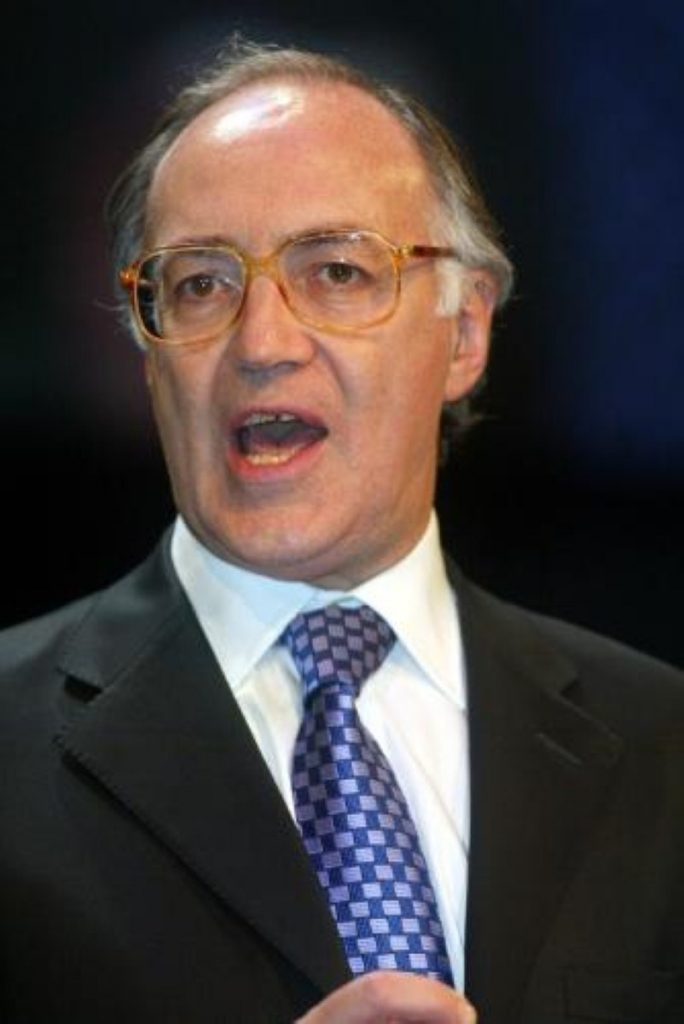Howard promises end to special schools closure
Conservative leader Michael Howard has said that the Conservatives would end the closure of special educational needs (SEN) schools and a move away from the policy of inclusiveness.
The Special Educational Needs and Disability Act 2001 says that a child must be educated in a mainstream school unless it is “incompatible” with parents’ wishes or interferes with other pupils’ education.
But Mr Howard said that children are being let down by the current system and promised that the Conservatives would give parents of pupils with special needs more choice.
Speaking this morning, the Tory leader said that the current system on special needs assessment (stamenting) is complex, not trusted by parents, and parents and teachers are not given the information they need. In addition he claimed that the current guidelines are unbalanced and that places in special schools have fallen.


Mr Howard said: “I believe that there is too little common sense and too much blind ideology in our education system today.
“The ‘rights’ culture, the ‘all must have prizes culture’, the ‘inclusion at all costs’ culture – they have undermined teachers’ authority in our classrooms and standards in our schools.”
Common sense was particularly needed in the debate about special schools, he said, adding: “Special needs require special attention – attention denied to too many children with special needs by Mr Blair’s misguided policy of inclusion at all costs.
“Of course where it is right for children with special needs to be taught in mainstream schools, they should be. But the fashionable presumption that children with special needs should all go into mainstream education is wrong – as many parents and teachers will tell you.”
However, Labour claims that the trend of closing schools began under the Conservative administration, pointing out that in 1984 there were 1,548 special schools, but by 1997 that figure had dropped to 1,239.
A spokesman for the Department for Education and Skills (DfES) said that parents have the right to send their child to a special school if they wish. He claimed that consolidating provision of SEN education in fewer, larger schools means that there are more “centres of excellence” today, providing a better quality of SEN education for those who need it.
Liberal Democrat education spokesman Phil Willis said that the debate should be about what is best for individual children – not about compartmentalising groups.
Mr Willis said: “It is sad to hear more talk of compartmentalising our school children. This debate should be about what is best for each individual child. Parents of children with special educational needs deserve to know that their children are being taught in the most appropriate setting.
“Over the past 20 years thousands of children with special needs, who would previously have only had the option of attending a special school, have been successfully educated with their peers in mainstream schools.
“Inclusion of children with special needs cannot be a cheap alternative to special schools. It can only work when all staff are adequately trained to support children with learning difficulties or other special needs.”
He added that special schools still have a vital role to play and should become centres of research and excellence through links with universities and colleges.

